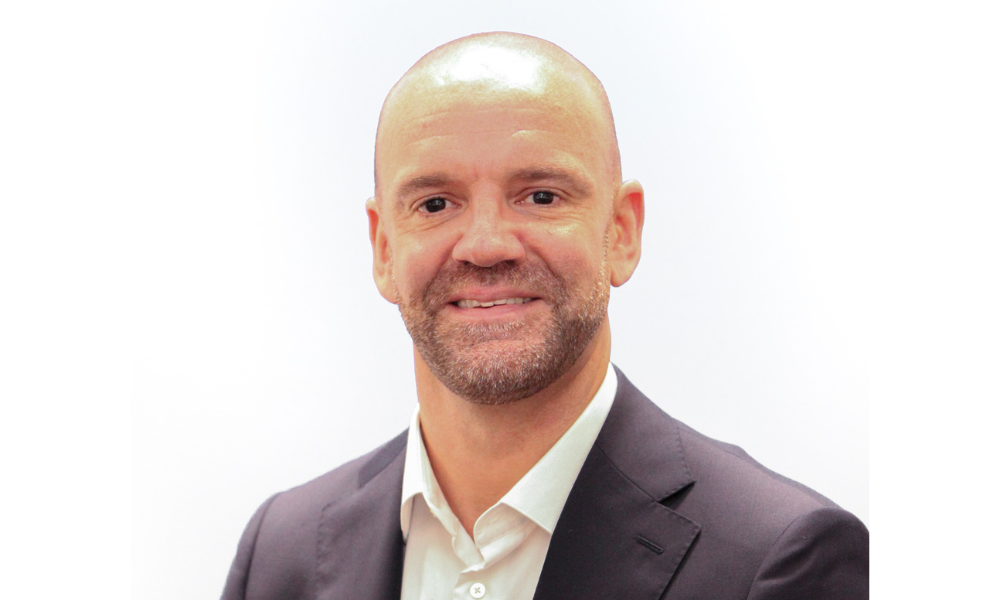
'I put my people at the centre of what I do, rather than what I do with the people around me'

“The reason I wanted to become a leader was because of the leaders I’ve worked with previously,” said Richard Kennedy, the newly appointed NZ Country Director for global HR and recruitment company, Randstad. “The good leaders I had inspired me to be better, to always go the extra mile, to achieve, to attain, and to develop myself personally, as an individual.”
Kennedy whose leadership journey started 15 years ago, said that the new role at Randstad is the biggest opportunity that he has had to really put the skills and the learnings he’s had over the last 15 years or so to the test.
As a leader, Kennedy puts emphasis on empathy, something he’s been doing for ten years. “In my early years as a leader, I was a bit more bullish, I was still learning the traits of being a good leader but definitely over the last decade I’ve been an empathetic leader,” said Kennedy.
Read more: Why HR should build a culture of empathy
The pandemic gave him a heightened sense of empathy when 23 direct reports were suddenly working remotely. “I'll be honest with you it was a tough time, and it was a stressful time for myself personally let alone the 23 people I was looking after,” Kennedy told HRD.
“Health and wellbeing is something that was prominent in my mind,” said Kennedy. “I was responsible for continuing to keep my team motivated, to look after their health and wellbeing, to work in an empathetic manner to ensure everyone was continuing to enjoy a healthy work life balance but also keep engaged with the commercial targets and outcomes of the business.”
There is a stack of data that shows that employees these days care about personal development and having the tools to be successful. “I like to put my people at the centre of what I do, rather than what I do with the people around me,” he explained. “It’s more about my people, it’s about their careers, it’s about putting people in the right training and learning paths to ensure they can be successful, that they feel their own value and a joy coming to work.”
Kennedy’s focus for the business moving forward is strategising how the business is going to move forward over the next three to five years. Like many businesses, a tight talent market has caused natural staff attrition, so a big focus is making sure that new employees feel a sense of belonging.
Read more: How to develop and increase empathy
“We’ve had 20 to 30 new starters over the last six months and because of the flexible working nature some of them have never met so we’ve just launched a day where everybody will be in the office just one day a week, on a Wednesday, so they get to know each other and share experiences,” said Kennedy.
Kennedy said the talent scarcity was the big mover and shaker in recruitment now, but he prefers to look at it as the “great re-evaluation” where people are simply starting to assess what is really important to them, something he sees as an opportunity to retain staff in his organisation.
“Whether it’s work life balance, their next career move, an overseas experience – if we as organisations can offer the opportunity to develop people in their skills, careers, and their personal development too, we have a greater opportunity to retain talent within our business,” said Kennedy.
“Leaders of the future should be asking themselves, have I been leading with empathy, have I been understanding of the people that are within my teams and within my business? Offering the flexibility to work life balance, the career development, the learning development, all the things that will promote ethical environments, create more stickiness, and give individuals real career opportunities within organizations that benefit, but also add value that shows that people are valuable to us.”